Professor Zhao Jianxin from the University of Queensland, Australia was invited to visit our college for academic exchange
On June 18, Professor Zhao Jianxin (UQ) at the invitation of Dean Professor Yu Kefu, visited our college and delivered an academic report entitled "Application of Carbonate Uranium Series and Uranium-Lead Dating Technology in Earth and Environmental Science Research" at the "2024 Guangxi University Overseas Famous Teachers Lecture Hall".
He first emphasized the core position of isotope dating technology in Earth and Environmental Science research. He mentioned that with the continuous advancement of science and technology, isotope dating technology is also constantly updated and iterated. In particular, the emergence of high-resolution isotopic analysis technology, which has significantly advanced the research progress in related fields.
He analyzed although traditional earth science, paleoenvironment and paleoclimate research also widely uses isotope dating technology, it is often difficult to obtain more accurate and comprehensive data due to limitations of lower resolution or specific types of minerals. Therefore, the series of advanced instruments equipped in Radiogenic Isotope Facility (Centre for Geoanalytical Mass Spectrometry, UQ), which he led in building, such as the multi-collector inductively coupled plasma mass spectrometer (MC-ICP-MS) and laser microprobe, have overcome these limitations. Using these advanced instruments not only supports high-precision dating of multiple isotopes such as U-Th and U-Pb, but also enables accurate mapping of elements, thereby significantly improving the accuracy and application range of isotope dating. Professor Zhao Jianxin introduced the application examples of these devices in many fields in detail, such as coral reef research, environmental monitoring, biomedicine, forensic identification and archaeological excavation, which demonstrated the broad prospects of high-resolution isotopic dating technology.
Professor Zhao Jianxin also pointed out that Radiogenic Isotope Facility in UQ is a multidisciplinary research platform, of which high-resolution isotope dating capability not only provide robust technical support for scientists around the world, but also promote cross-disciplinary collaboration between different fields and development in scientific research.
The academic report is detailed and easy to understand. During the communication, teachers and students enthusiastically asked questions, which Professor Zhao Jianxin patiently answered, and further elaborated on the advantages and limitations of isotope dating technology by referring to actual cases. He encouraged faculty and students to actively explore new research methods and ideas, and contribute their own efforts to coral reefs protection and utilization.
During the academic exchange, Professor Zhao Jianxin also visited the Marine Science and Education Museum of Guanxi University, Island and Reef Ecological Restoration Laboratory and Guangxi Laboratory on the Study of Coral Reef in the SCS.
(Text BY: Jiang Leilei, Zhou Jian; Photos by: Li Mi, Zhou Jian)
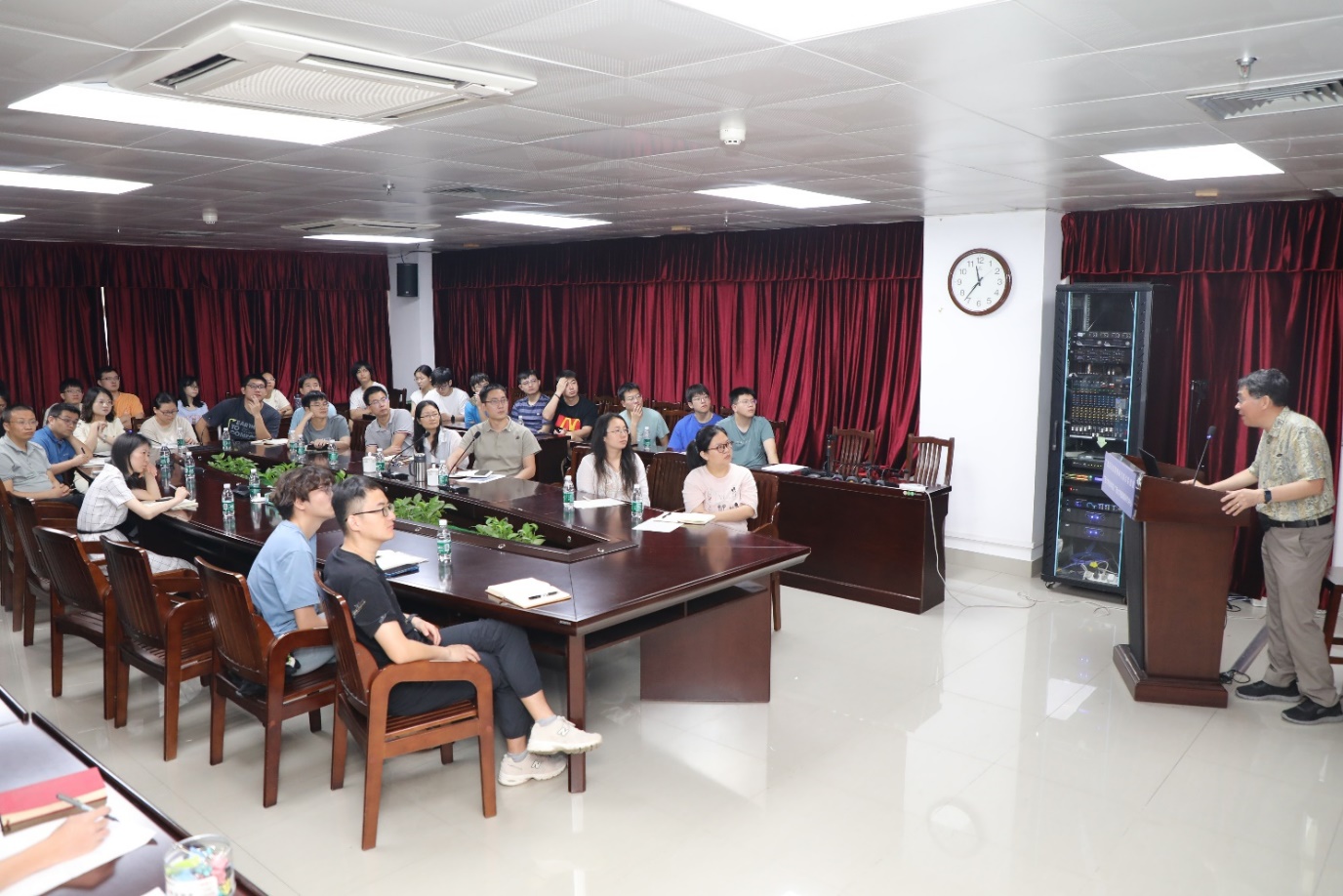
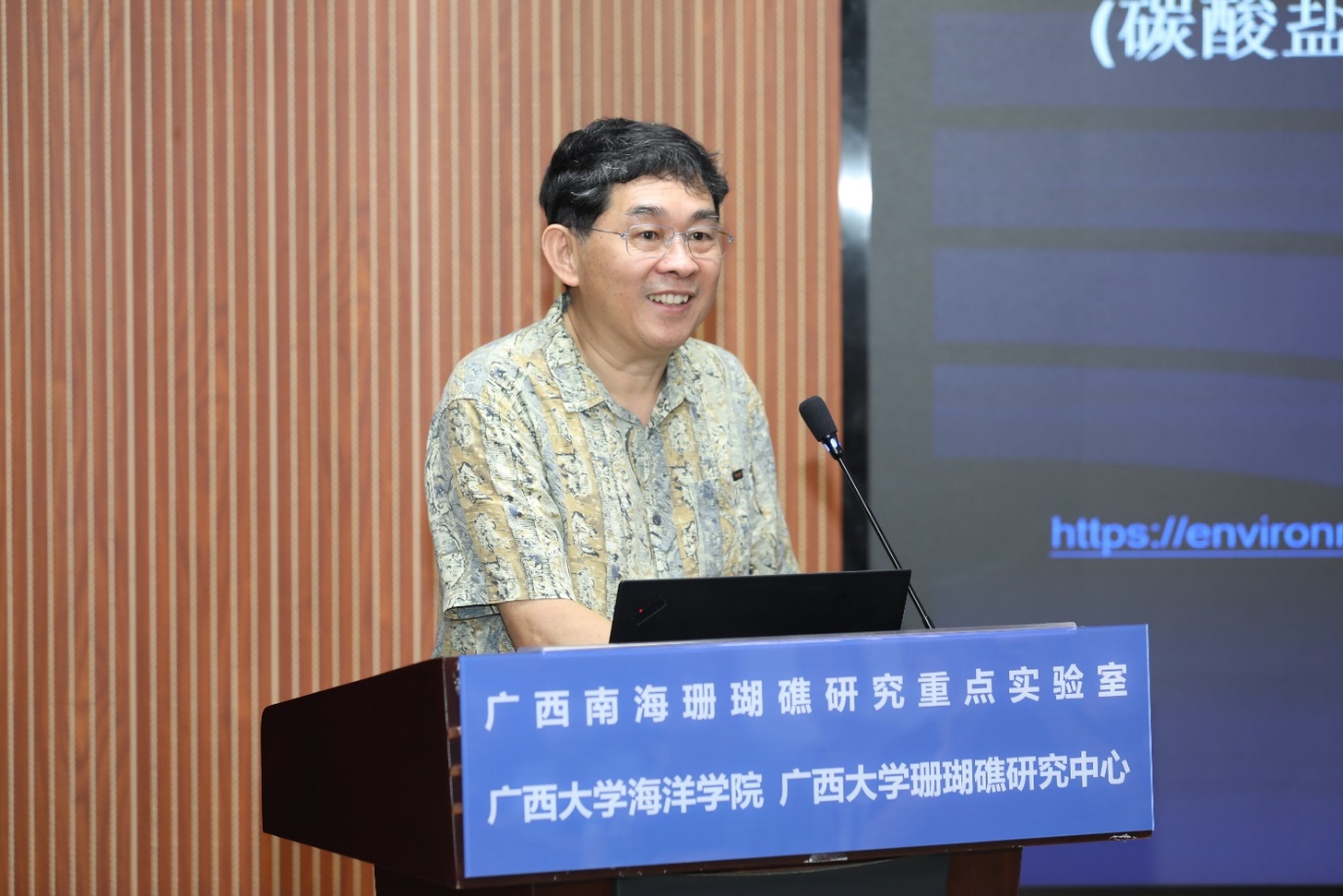
Professor Jianxin Zhao from UQ, Australia was invited to visit our college for academic exchange
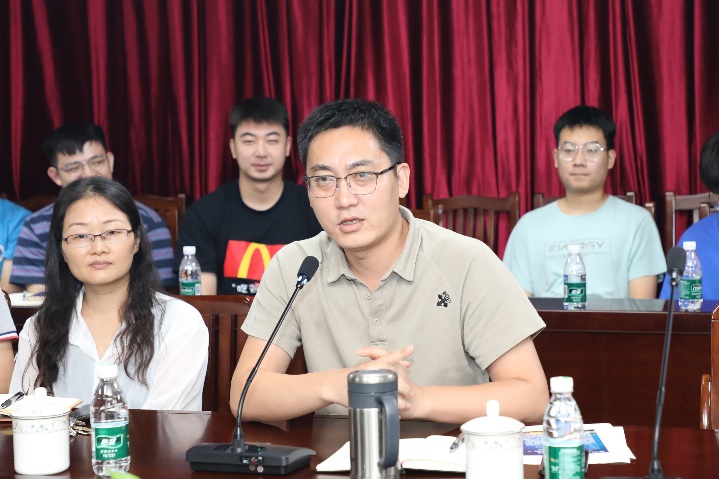
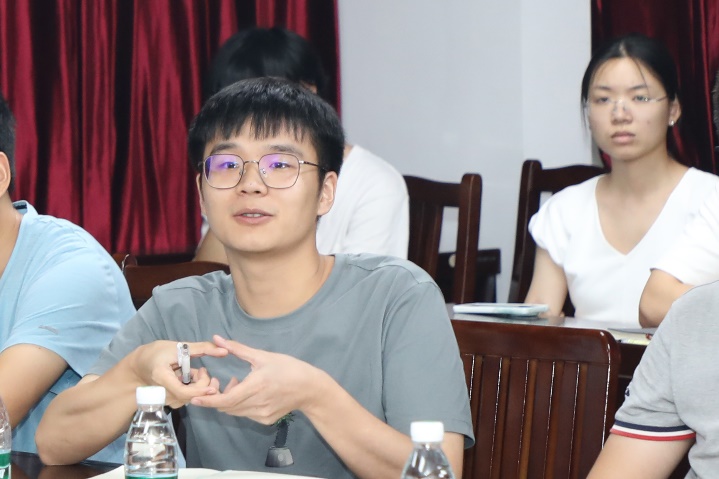
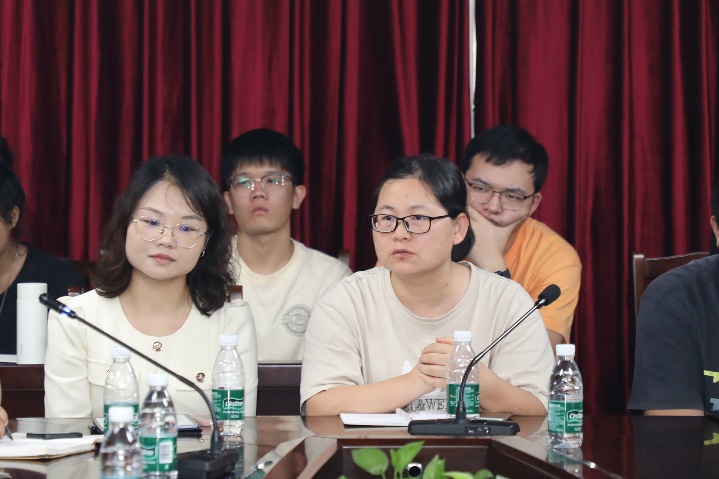

Faculty and students engaged with Professor Zhao Jianxin
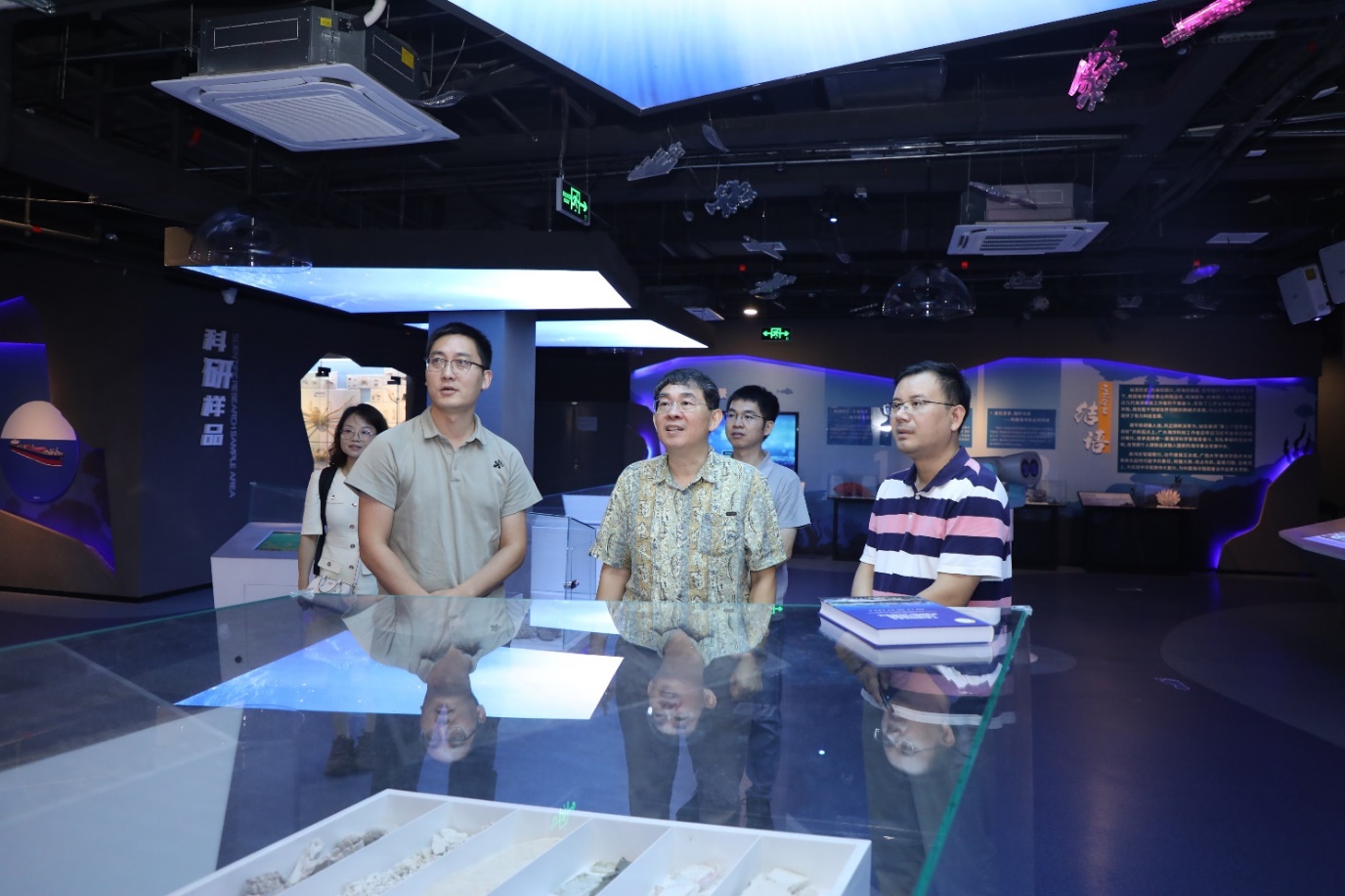
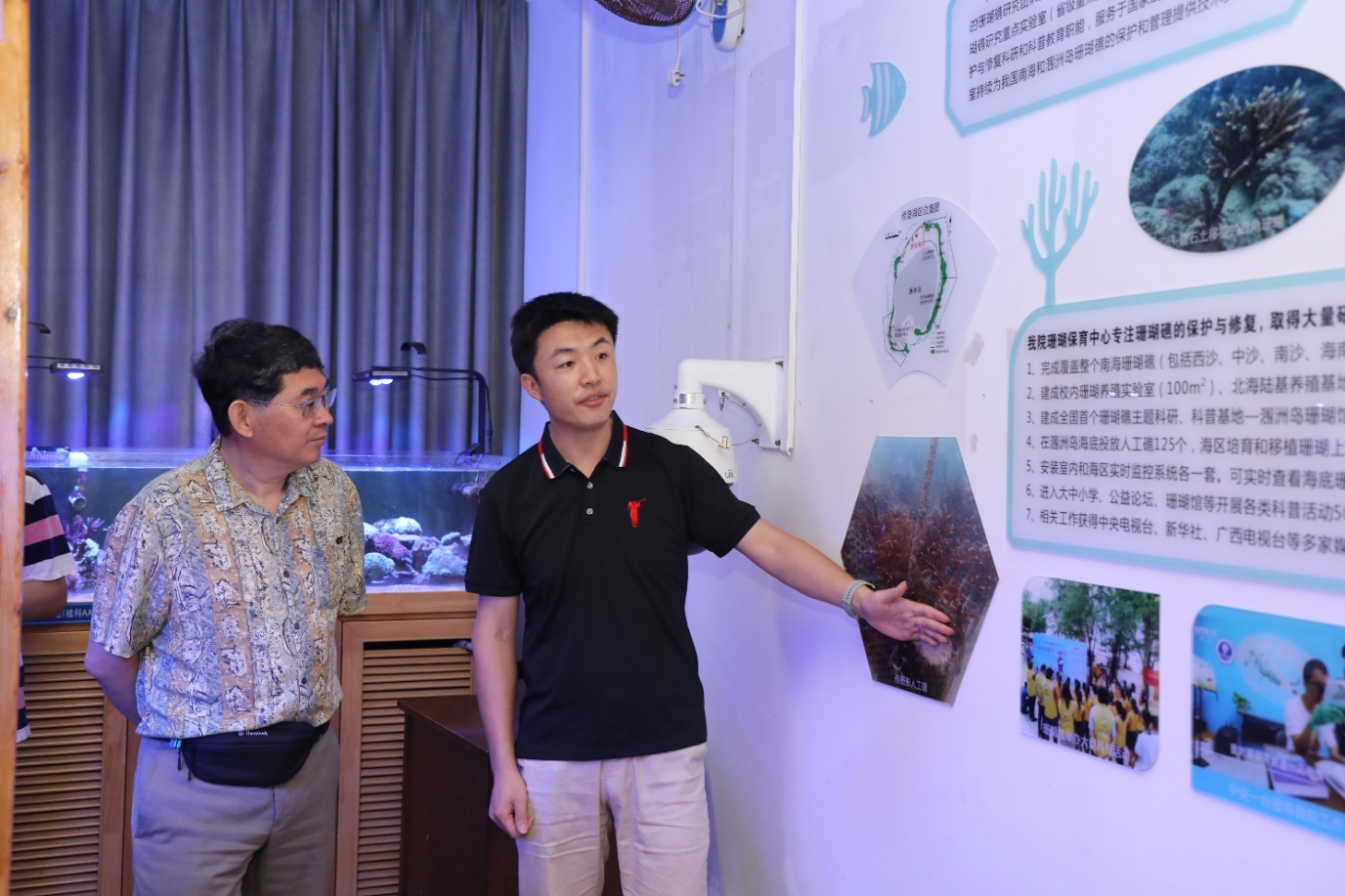
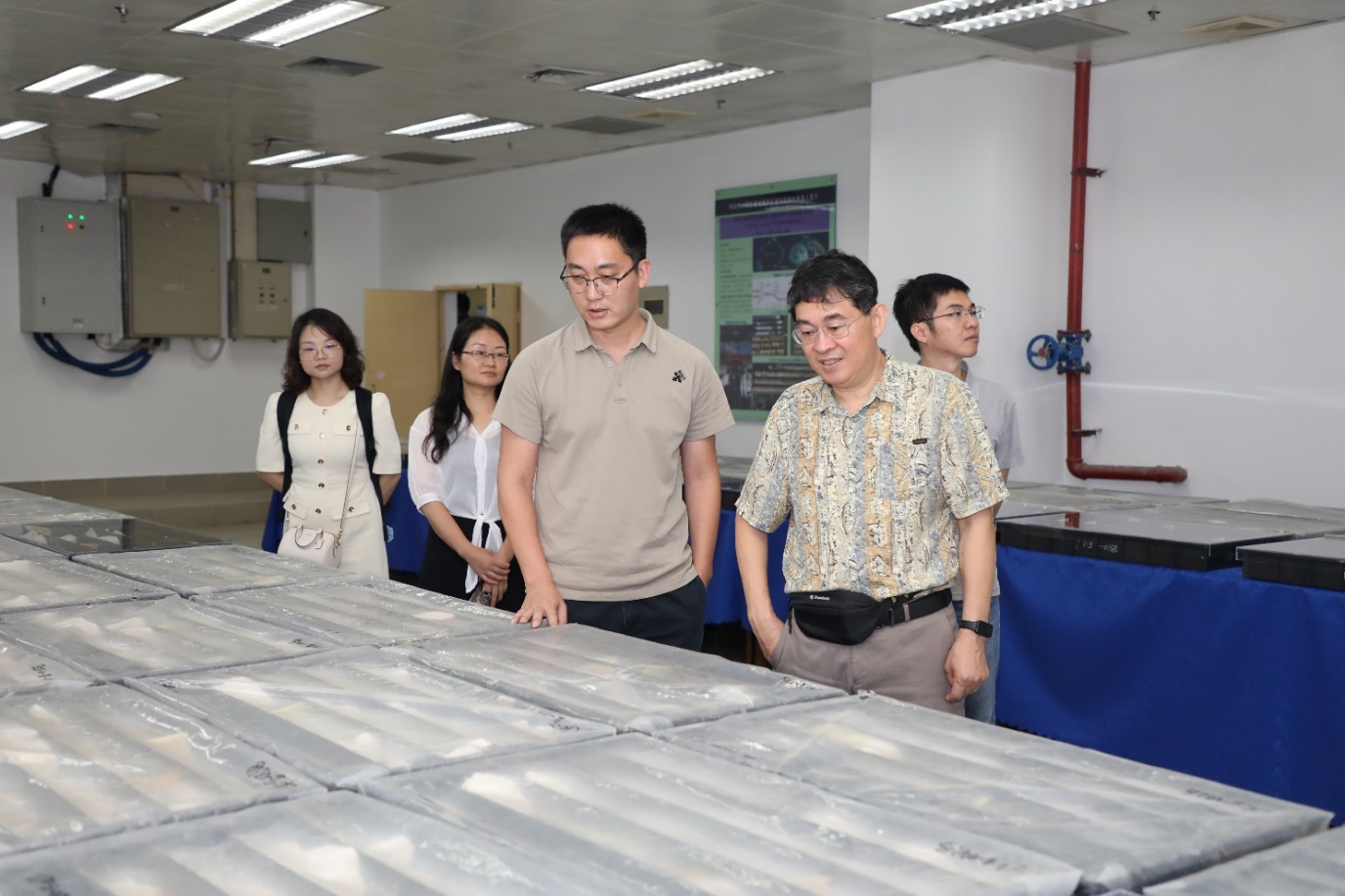
Professor Zhao Jianxin visited the Marine Science and Education Museum of Guanxi University, Island and Guangxi Laboratory on the Study of Coral Reef in the SCS.